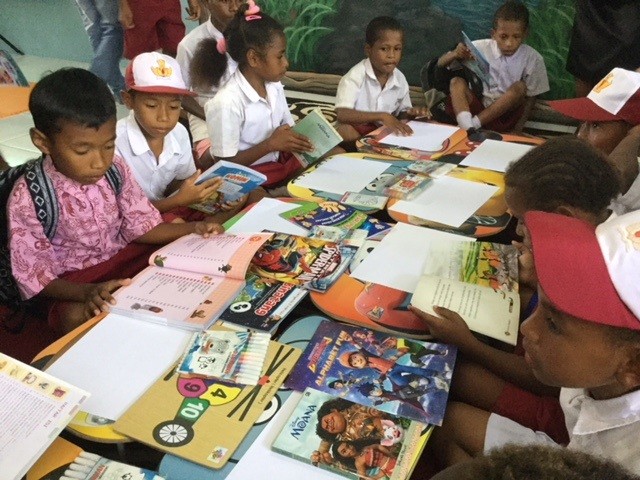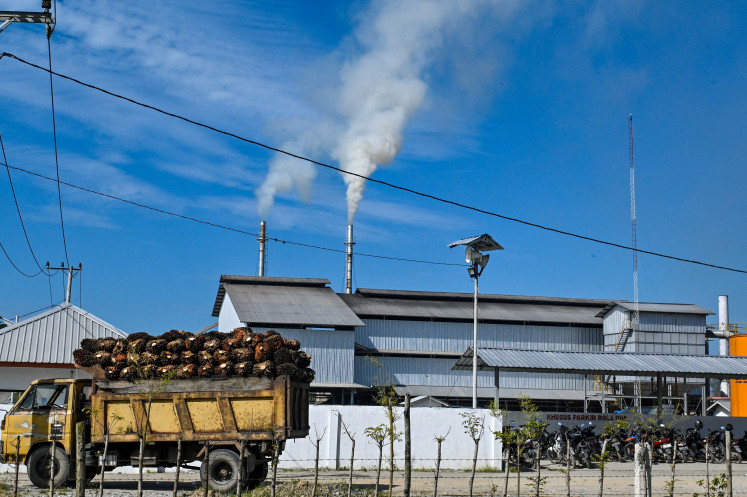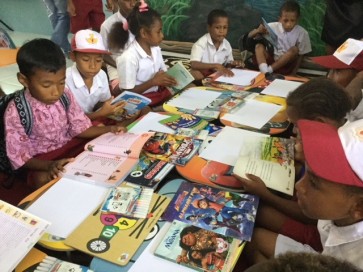Popular Reads
Top Results
Can't find what you're looking for?
View all search resultsPopular Reads
Top Results
Can't find what you're looking for?
View all search resultsDiaspora solutions for education in Papua
Making learning fun is precisely what professors of Indonesia’s diaspora are attempting.
Change text size
Gift Premium Articles
to Anyone
F
ifth graders have used thermographic cameras to detect and plot heat loss at their school and neighborhood, and then formulated solutions for energy conservation, as teacher Peter Connallon in Indianapolis, reported last year.
Not too long ago, six teenagers from Egypt, Malaysia, the United States and the Netherlands collaborated online across four continents to create an award-winning website about severe acute respiratory syndrome awareness.
Such educational advancements are the effects of technology integration in the classroom as well as a progressive learning environment, where students are no longer passive listeners but rather active questioners and learners.
While things have changed in Indonesia’s educational system, they have not changed fast enough. The key to success, however, is not technology. It is about understanding students’ mindsets. We are at the crossroads between old and new perceptions of how education should be.

















